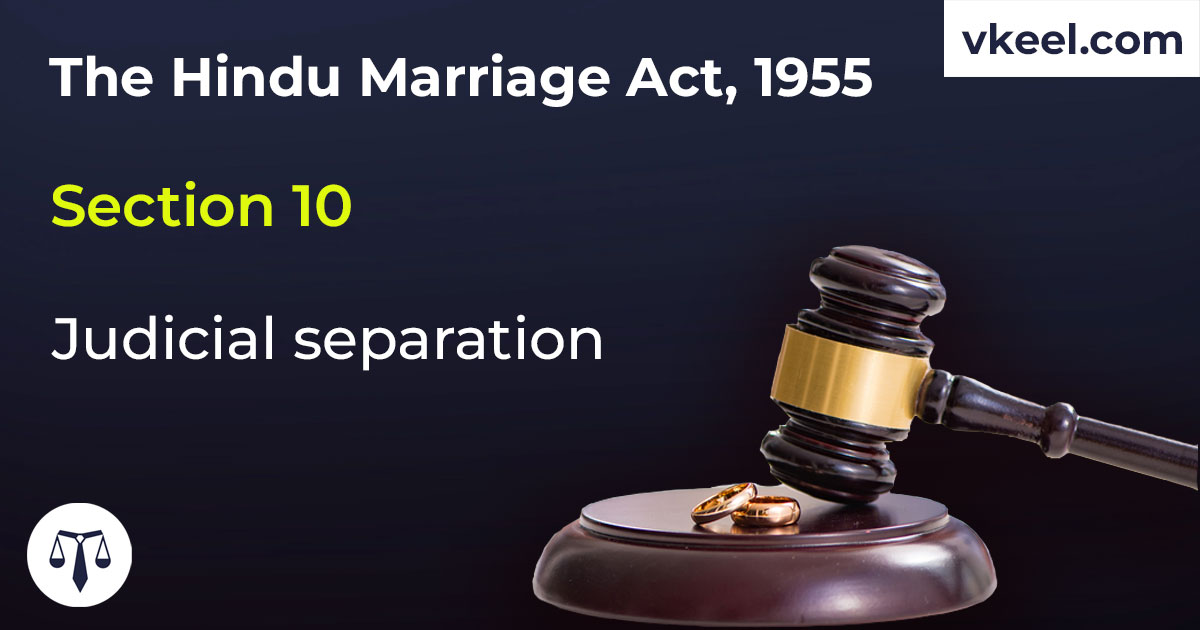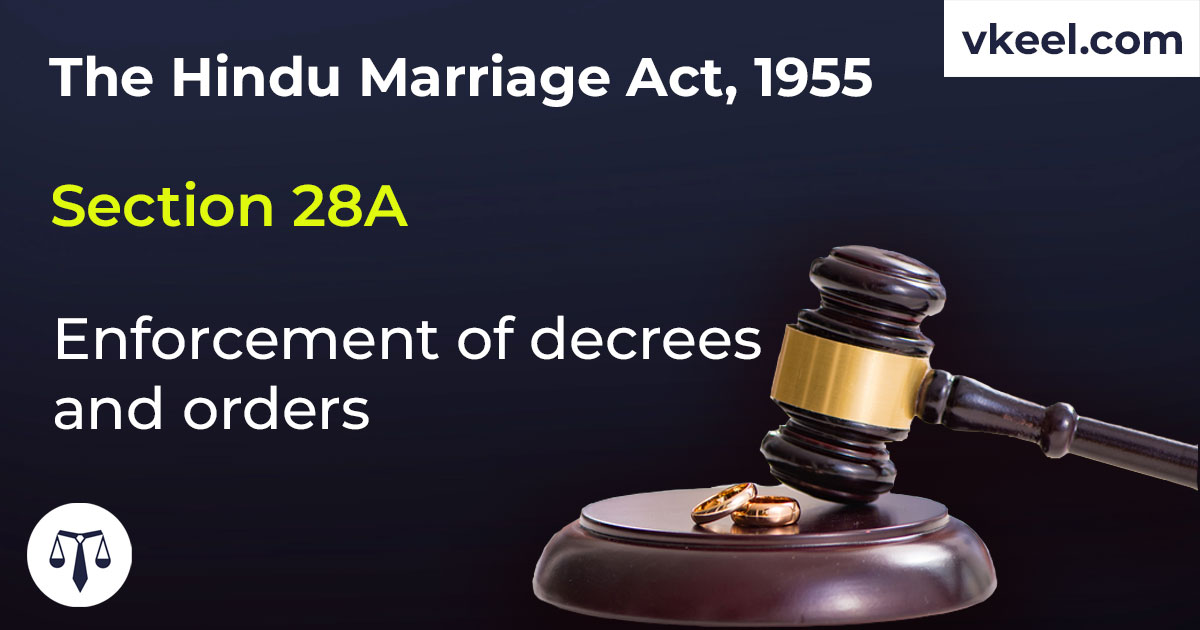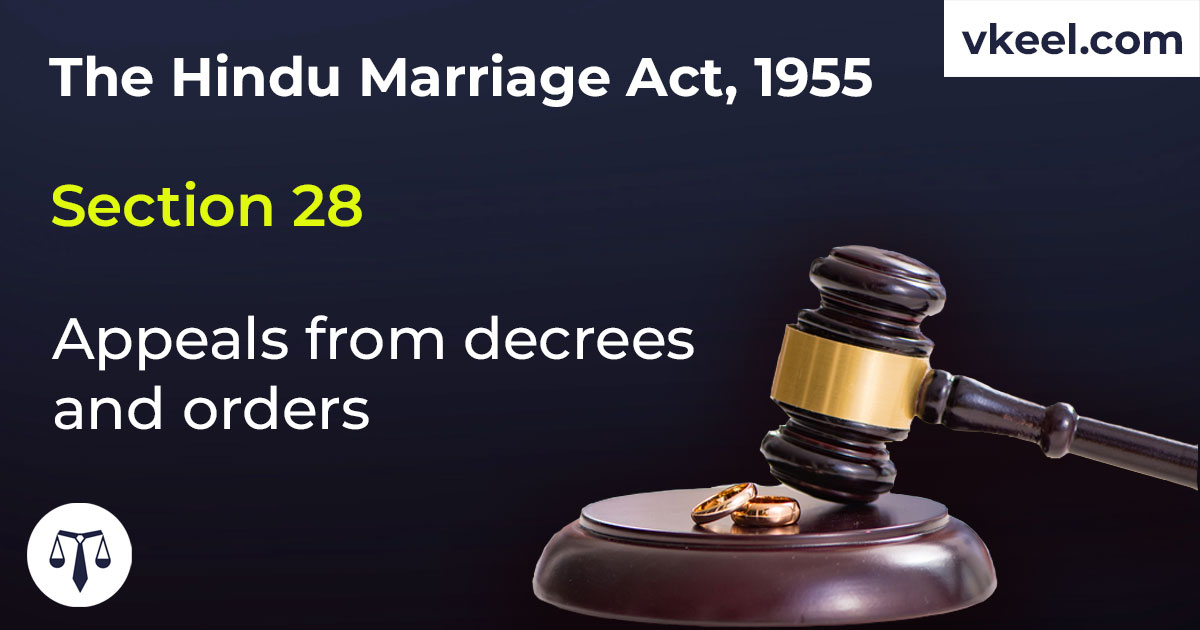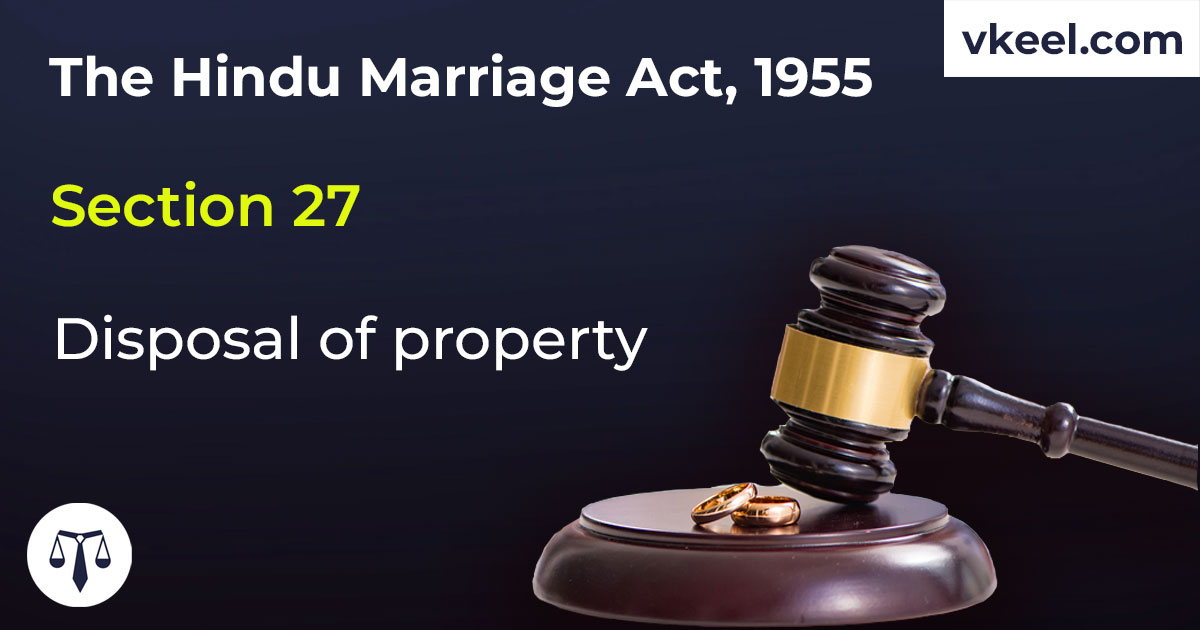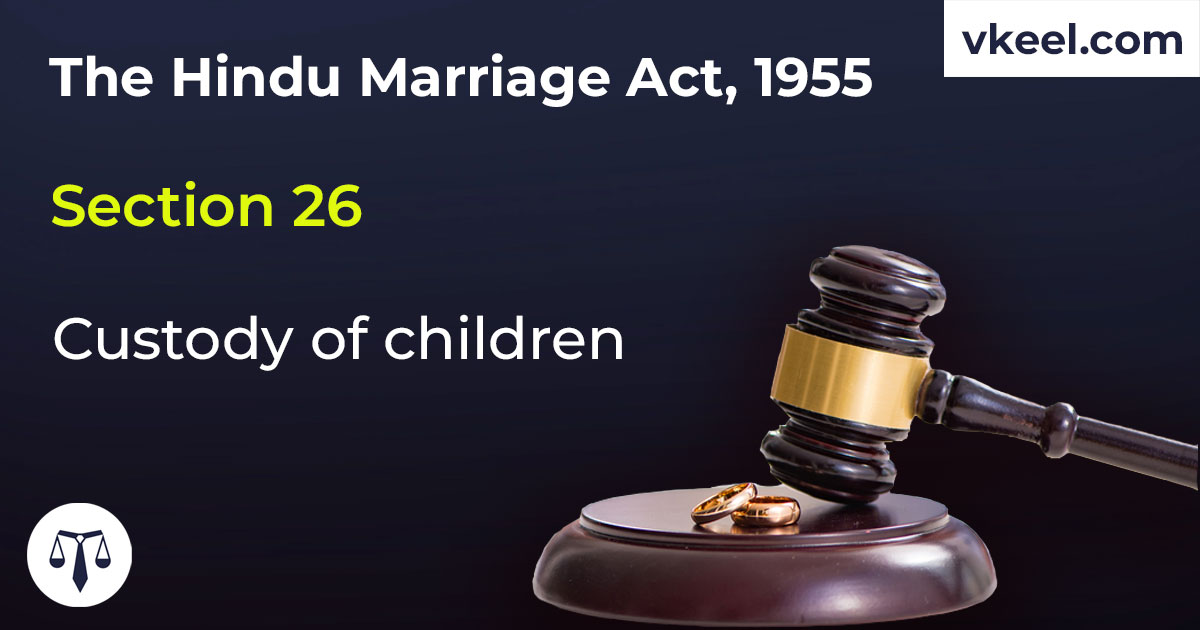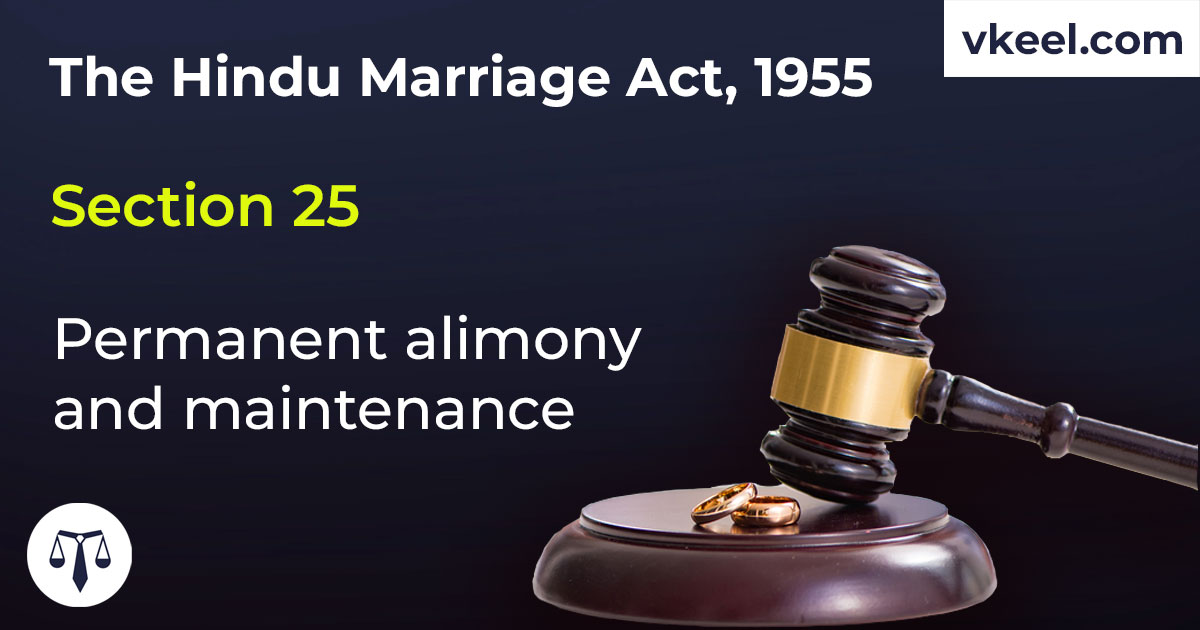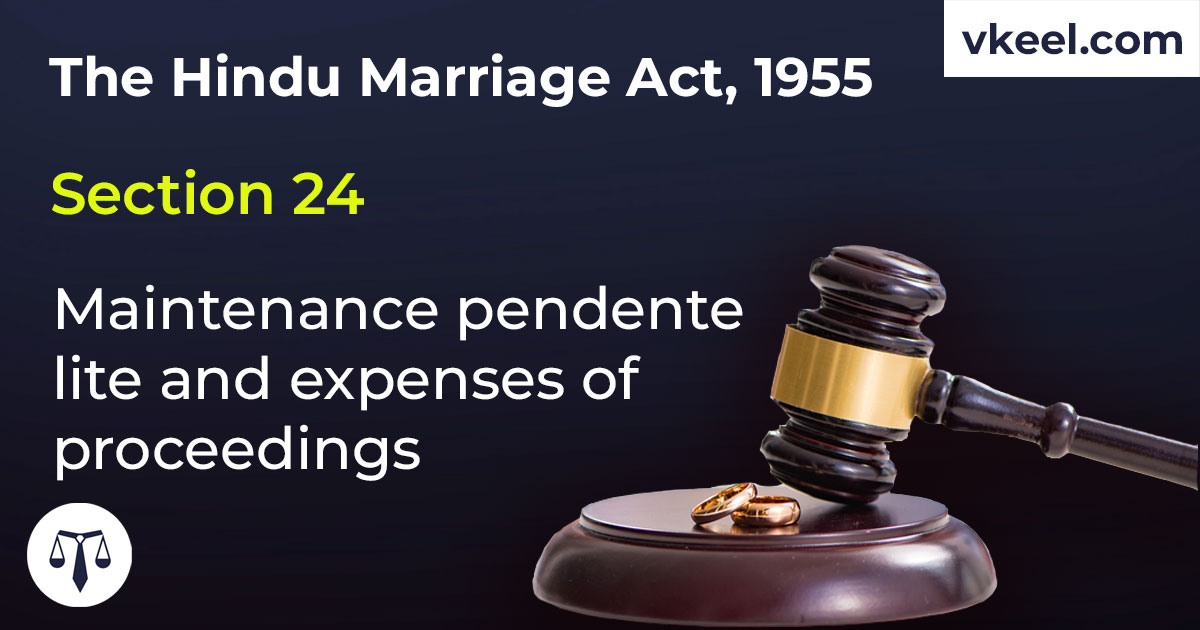Section 10 Hindu Marriage Act 1955 – Judicial separation
By Vkeel Team
Description
“Section 10 Hindu Marriage Act 1955”
1[(1) Either party to a marriage, whether solemnised before or after the commencement of this Act, may present a petition praying for a decree for judicial separation on any of the grounds specified in sub-section (1) of section 13, and in the case of a wife also on any of the grounds specified in sub-section (2) thereof, as grounds on which a petition for divorce might have been presented.]
(2) Where a decree for judicial separation has been passed, it shall no longer be obligatory for the petitioner to cohabit with the respondent, but the court may, on the application by petition of either party and on being satisfied of the truth of the statements made in such petition, rescind the decree if it considers it just and reasonable to do so.
Section 10 Hindu Marriage Act 1955 : A Comprehensive Analysis
The Hindu Marriage Act, 1955 is a comprehensive legislation that governs the institution of marriage in India. Section 10 Hindu Marriage Act 1955 deals with the concept of judicial separation, which is a legal remedy available to married couples who wish to separate without dissolving their marriage. This article aims to provide a comprehensive analysis of the impact of judicial separation on Hindu marriages under Section 10 Hindu Marriage Act 1955.
Judicial separation is a legal remedy available to married couples who wish to separate without dissolving their marriage. It is a process whereby the court grants a decree of judicial separation, which legally separates the couple and allows them to live separately. The decree of judicial separation does not dissolve the marriage, but it does provide certain legal rights and obligations to the parties involved.
The impact of judicial separation on Hindu marriages is significant. It allows couples to separate without dissolving their marriage, which can be beneficial for couples who wish to maintain their marital status for religious or cultural reasons. It also allows couples to maintain their financial and legal obligations to each other, which can be beneficial for couples who wish to protect their assets and property.
However, judicial separation can also have a negative impact on Hindu marriages. It can be difficult for couples to reconcile after a period of separation, and the process of obtaining a decree of judicial separation can be lengthy and expensive. Furthermore, the decree of judicial separation does not dissolve the marriage, which means that the couple is still legally married and must abide by the terms of the decree.
In conclusion, judicial separation can have both positive and negative impacts on Hindu marriages. It can be beneficial for couples who wish to maintain their marital status for religious or cultural reasons, but it can also be difficult for couples to reconcile after a period of separation. It is important for couples to consider all of the potential impacts of judicial separation before making a decision.
1. Subs. by Act 68 of 1976, s. 4, for sub-section (1) (w.e.f. 27-5-1976).
Description Source: indiacode
Disclaimer:
The information provided in the article is for general informational purposes only, and is not intended to constitute legal advice or to be relied upon as a substitute for legal advice. Furthermore, any information contained in the article is not guaranteed to be current, complete or accurate. If you require legal advice or representation, you should contact an attorney or law firm directly. We are not responsible for any damages resulting from any reliance on the content of this website.

